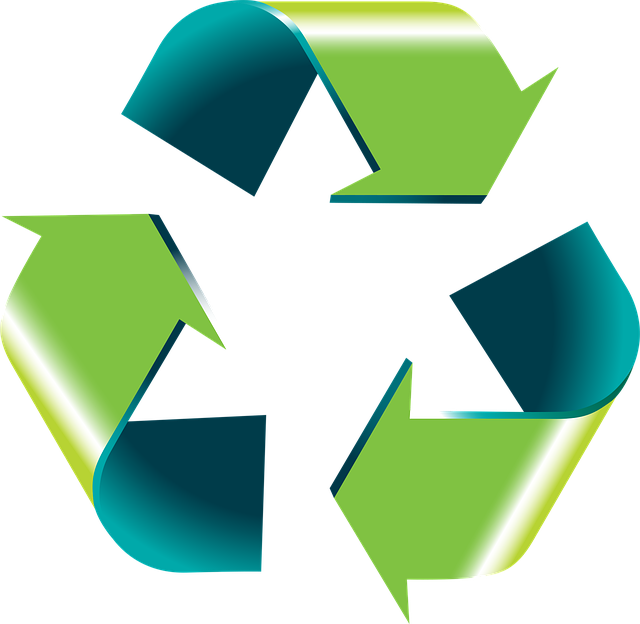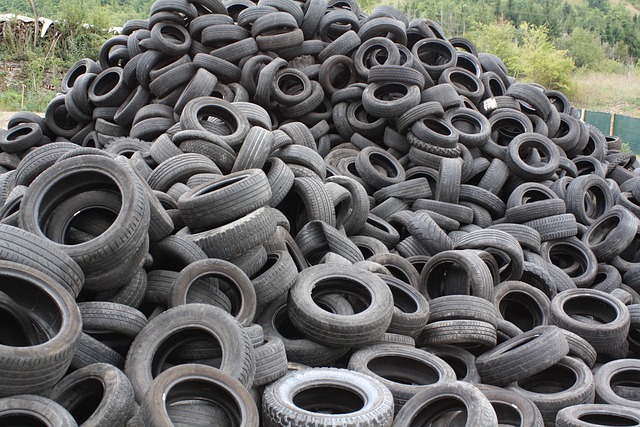New York State has strict electronics recycling laws (New York Electronics Recycling) for e-waste management, mandating IT asset disposition (ITAD) strategies for businesses and encouraging residents to participate in local recycling programs. These regulations aim to prevent contamination from harmful materials, promote sustainable practices, and contribute to a cleaner environment. By partnering with certified recyclers, like those in Brooklyn, New York leads in eco-friendly device recycling, ensuring responsible disposal and resource recovery while fostering a culture of sustainability.
New York State has implemented stringent electronic waste (e-waste) laws, emphasizing responsible disposal and recycling of electronics. This comprehensive guide explores the state’s regulations, aiming to equip businesses and residents with essential knowledge for full compliance. From understanding the legal framework to adopting effective recycling practices, we delve into practical strategies to navigate New York’s e-waste management landscape, ensuring proper disposition of electronic devices. Discover how these measures contribute to a sustainable future through responsible New York electronics recycling.
- Understanding New York State's Electronic Waste Laws
- What Businesses and Residents Need to Know
- Effective Recycling Practices and Compliance Strategies
Understanding New York State's Electronic Waste Laws

In New York State, electronic waste (e-waste) management is governed by strict regulations aimed at promoting sustainable practices and environmental protection. Understanding these laws is crucial for both businesses and residents looking to responsibly dispose of their electronic devices. The state has recognized the growing concern over the proper disposal of e-waste, which often contains harmful materials that can contaminate soil and water if not handled correctly.
New York’s electronics recycling laws require businesses and organizations to implement IT asset disposition (ITAD) strategies, ensuring that electronic equipment is recycled or disposed of in an environmentally responsible manner. This includes proper collection, storage, and transportation of e-waste to accredited recycling facilities. Residents can also contribute by taking advantage of local recycling programs and partnering with reputable New York electronics disposal contractors. Brooklyn, for instance, has embraced sustainable technology recycling practices, encouraging the community to participate in initiatives that benefit both the environment and local economies.
What Businesses and Residents Need to Know

In New York State, both businesses and residents have a responsibility to handle electronic waste (e-waste) properly, thanks to strict electronics recycling laws in place. Understanding these regulations is crucial for ensuring compliance and contributing to eco-conscious device recycling. Business operations often generate significant amounts of e-waste, making it essential for them to partner with reputable IT asset disposition contractors NYC to facilitate responsible recycling or secure data destruction.
By following the state’s guidelines, businesses can avoid potential fines and penalties while promoting sustainable E-waste management consultants Manhattan practices. Residents are also encouraged to dispose of their electronic devices responsibly, contributing to a cleaner environment. New York’s approach to e-waste management not only protects local ecosystems but also fosters a culture of sustainability among its citizens and businesses, ensuring a brighter future through proper IT asset disposition and eco-friendly device recycling processes.
Effective Recycling Practices and Compliance Strategies

New York Electronics Recycling laws emphasize effective practices for managing and recycling electronic waste (e-waste). Businesses and residents alike must adhere to stringent guidelines to ensure sustainable tech disposal solutions. One key strategy is implementing robust old smartphone recycling programs, which not only divert hazardous materials from landfills but also extract valuable resources.
To maintain compliance, organizations can adopt comprehensive planning and education efforts. This includes training staff on proper segregation of e-waste, promoting awareness among the public about local computer trash elimination options, and establishing partnerships with certified recycling centers. By combining these initiatives, New York state aims to minimize environmental impact while maximizing resource recovery from electronic devices.
New York state’s electronic waste laws are designed to promote responsible disposal of e-waste, ensuring a greener future. By understanding these regulations and implementing effective recycling practices, businesses and residents can play their part in sustainable New York Electronics Recycling. Staying compliant not only benefits the environment but also fosters a circular economy, where valuable resources are reused and recycled efficiently.














